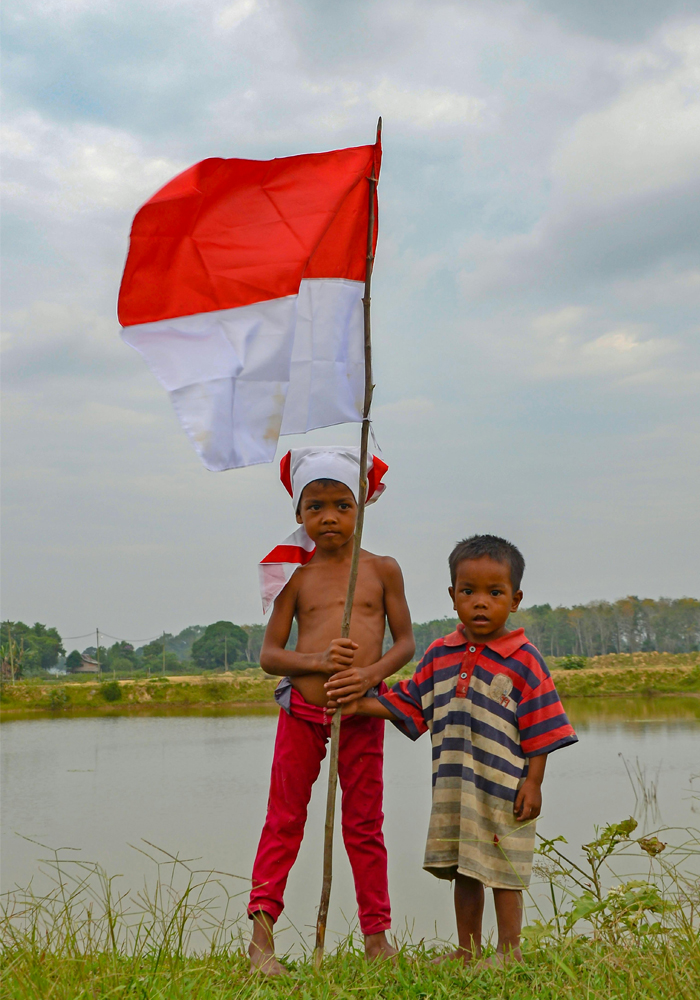Explore the legacies of five influential Indonesian presidents who shaped the nation. This overview covers their terms, notable achievements, and the challenges they faced, providing a glimpse into the country’s rich political history.
Indonesian Presidents: Sukarno (1945-1967)
When he became president: Sukarno became Indonesia’s first president on August 18, 1945, just one day after the country declared its independence.
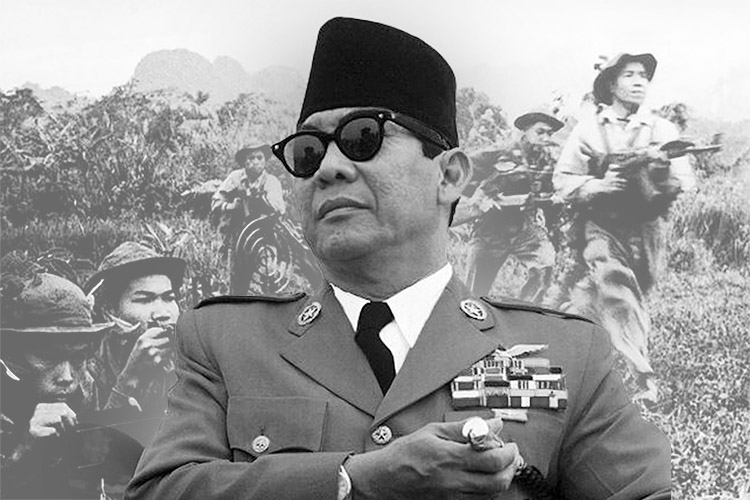
Who is he: A prominent leader of the independence movement, Sukarno was a charismatic and influential figure who played a crucial role in the struggle against Dutch colonial rule. He was a champion of non-aligned nations and a key founder of the Non-Aligned Movement.
Two good things he did for the people:
- Proclaimed Independence: His most significant act was proclaiming Indonesia’s independence, a pivotal moment that laid the foundation for the nation.
- Infrastructure Development: He initiated numerous large-scale infrastructure projects, including the construction of the Gelora Bung Karno stadium and major highways, which helped modernize the country.
Controversy: Sukarno’s “Guided Democracy” period (1959-1966) was controversial as it consolidated power in his hands and marginalized political opposition. This period saw a shift away from parliamentary democracy towards a more authoritarian style of rule, leading to political instability.
Suharto (1967-1998)
When he became president: Suharto officially became the second president in March 1968, following a period of political turmoil and the transfer of power from Sukarno.
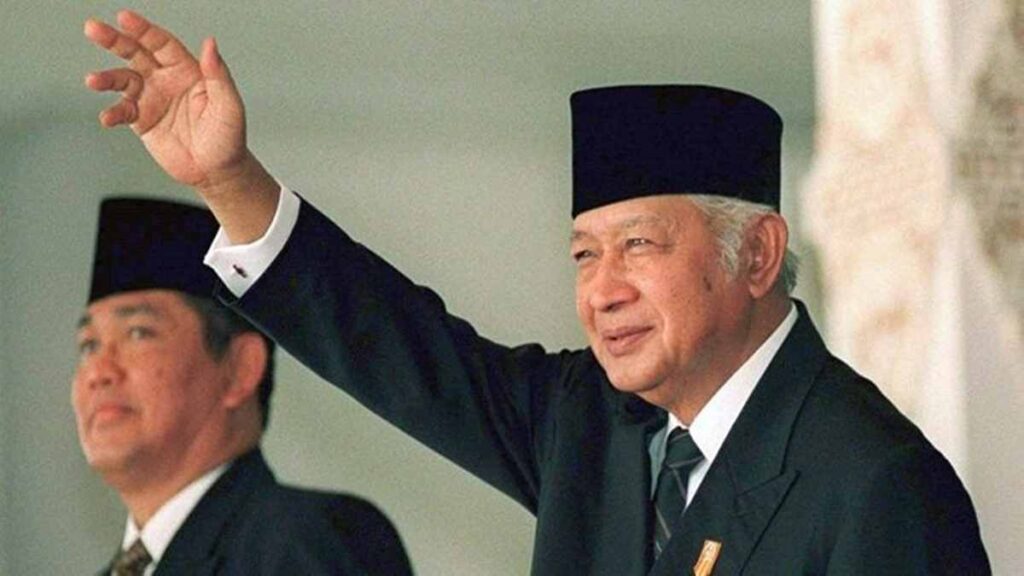
Who is he: A military general, Suharto’s rise to power began with the 1965 coup attempt, which led to a massive anti-communist purge. He established the “New Order” regime, which was known for its long-term stability and economic growth.
Two good things he did for the people:
- Economic Stability: His regime brought a period of remarkable economic growth, reducing poverty and improving living standards for many Indonesians.
- National Stability: He maintained strong political stability for over three decades, which allowed for significant development in various sectors.
Controversy: The Suharto regime was widely criticized for its authoritarian rule, human rights abuses, and widespread corruption. The 1997-1998 Asian financial crisis ultimately led to his downfall amid mass protests.
B.J. Habibie (1998-1999)
When he became president: B.J. Habibie was sworn in as the third president in May 1998 after Suharto resigned.
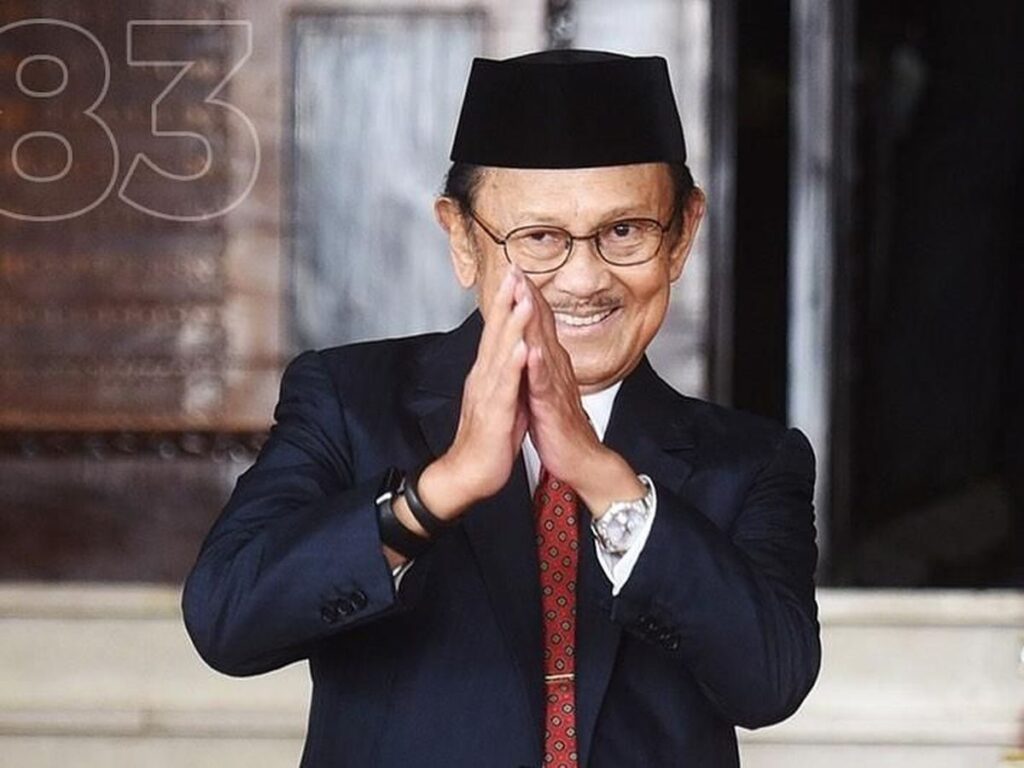
Who is he: A renowned aerospace engineer, Habibie had served as Suharto’s vice president. His brief presidency was a critical transitional period, as he initiated democratic reforms.
Two good things he did for the people:
- Freed Political Prisoners: He released many political prisoners and lifted restrictions on the press, marking a significant step towards greater political freedom.
- Called for Free Elections: Habibie initiated the first free and fair democratic elections in Indonesia since 1955, paving the way for the country’s transition to democracy.
Controversy: The East Timor independence referendum in 1999, which he allowed, led to violence and a humanitarian crisis. While it ultimately granted East Timor independence, the move was controversial due to the chaotic transition and the violence that ensued.
Abdurrahman Wahid (1999-2001)
When he became president: Abdurrahman Wahid, also known as Gus Dur, was elected as the fourth president by the People’s Consultative Assembly in October 1999.
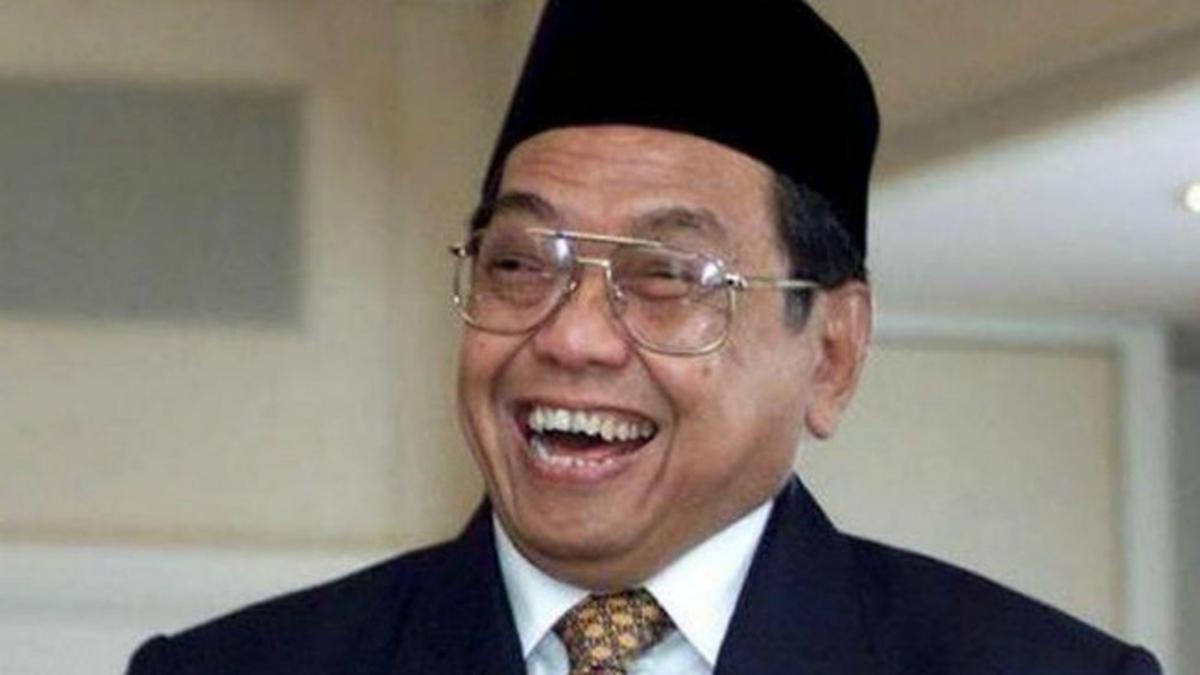
Who is he: A prominent Muslim cleric and leader of the Nahdlatul Ulama organization, Gus Dur was a strong advocate for pluralism and human rights.
Two good things he did for the people:
- Promoted Pluralism and Tolerance: He promoted religious freedom and tolerance, lifting the ban on the Chinese New Year celebration and recognizing Confucianism as an official religion.
- Reformed the Military: He worked to reduce the military’s role in politics and introduced reforms to bring it under civilian control.
Controversy: Gus Dur’s presidency was marked by political instability and conflicts with parliament, which led to his impeachment in 2001. Allegations of corruption, though never proven in court, also contributed to his downfall.
Joko Widodo (2014-2024)
When he became president: Joko Widodo, widely known as Jokowi, was elected as the seventh president in October 2014.
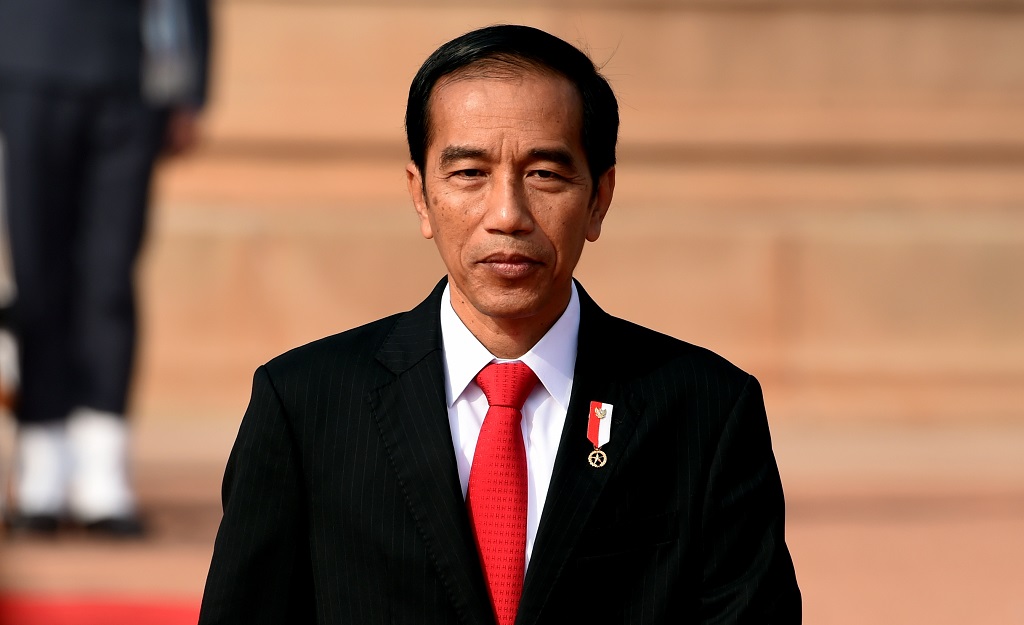
Who is he: A businessman and former governor of Jakarta, Jokowi is the first Indonesian president to not come from the political or military elite.
Two good things he did for the people:
- Infrastructure Push: He has been a champion of infrastructure development, launching numerous large-scale projects like toll roads, airports, and seaports to connect the archipelago.
- Healthcare and Social Programs: His administration has expanded social programs, including a universal healthcare system (BPJS Kesehatan), providing better access to medical care for millions.
Controversy: Jokowi’s second term has seen some controversy, particularly regarding the revision of the Corruption Eradication Commission (KPK) law, which critics argued weakened the agency’s ability to combat corruption.
